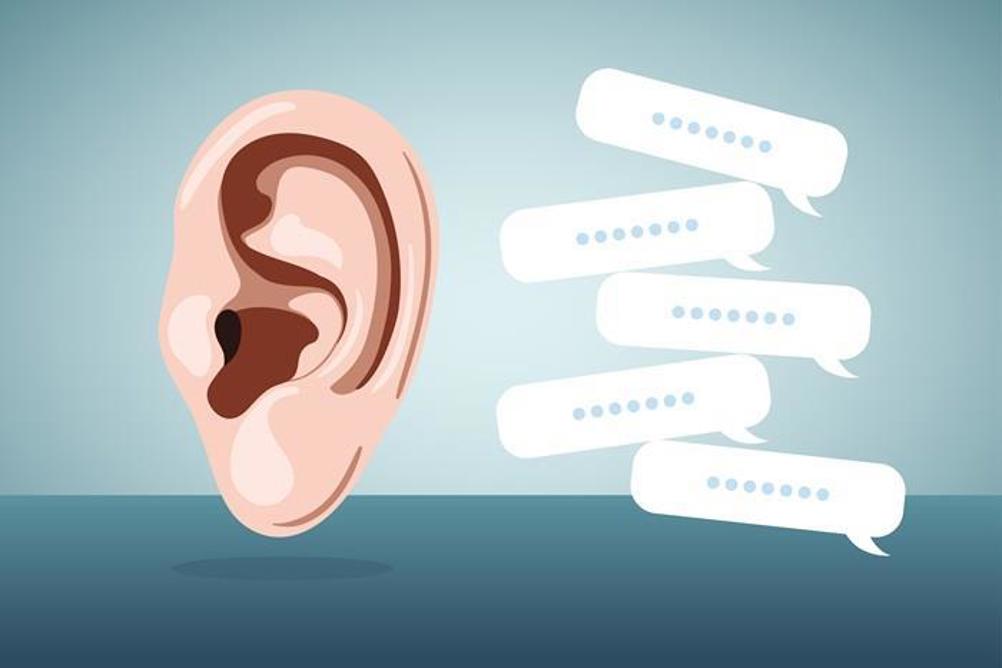
Providing patients with the tools to increase their health literacy is a vital part of optimising treatment outcomes. It is recognised as the most ethical and effective way to build informed consent. However, headlines increasingly warn that patients’ ability to engage with or absorb information is compromised by the ubiquitous use of digital technologies in daily life.
Attention span averages are not as dire as some would have us believe – there is no reliable evidence to support the oft-published claim that the average person now has an eight second attention span, for example. However, there is no doubt that the compulsive use of digital media, and repeated exposure to distractions is strongly linked to an impaired ability to concentrate. Clinicians should be cautious about assuming patients can engage with large amounts of information or commit it to memory.
Register now to continue reading
Thank you for visiting Dental Nursing and reading some of our resources. To read more, please register today. You’ll enjoy the following great benefits:
What's included
-
Up to 2 free articles per month
-
New content available
Already have an account? Sign in here
